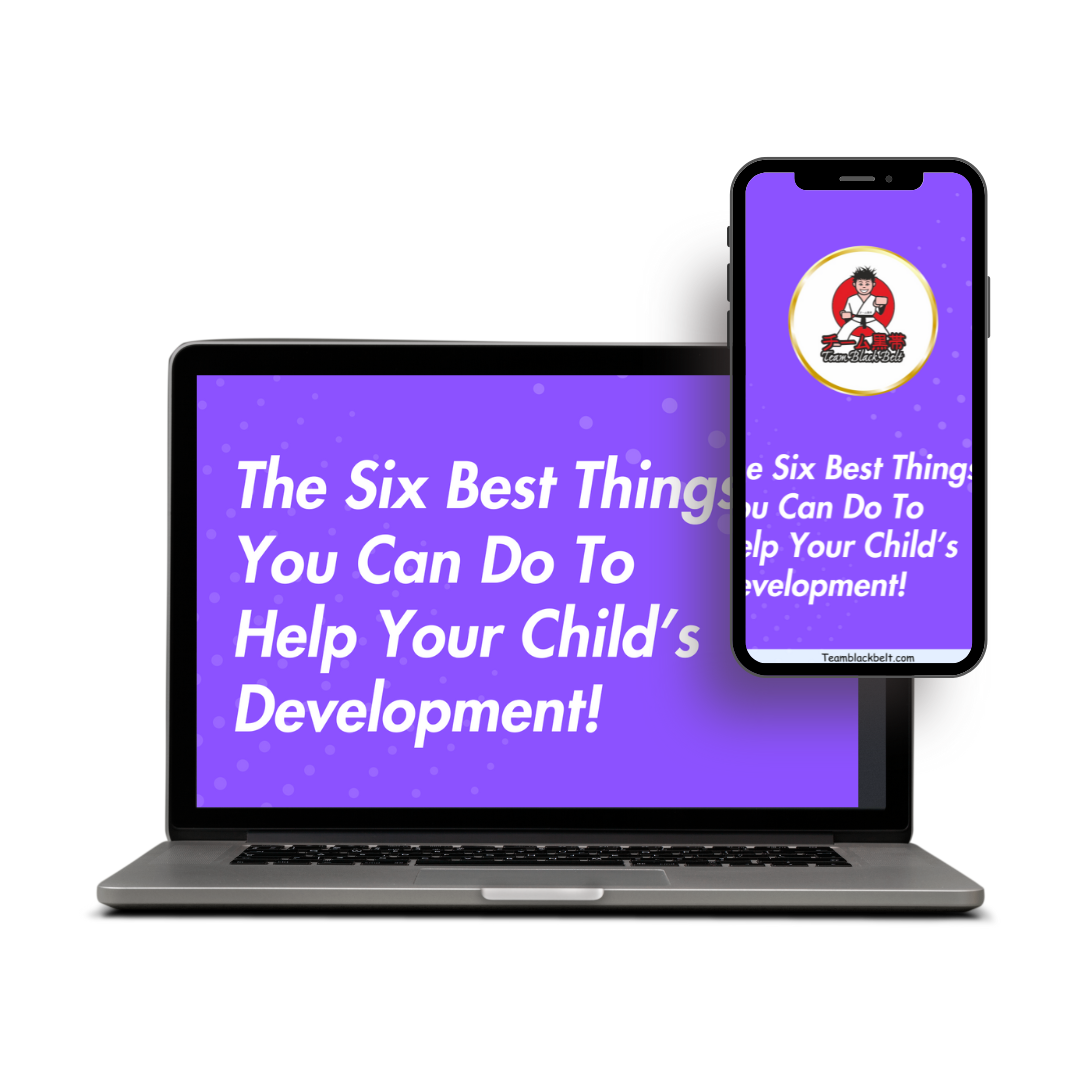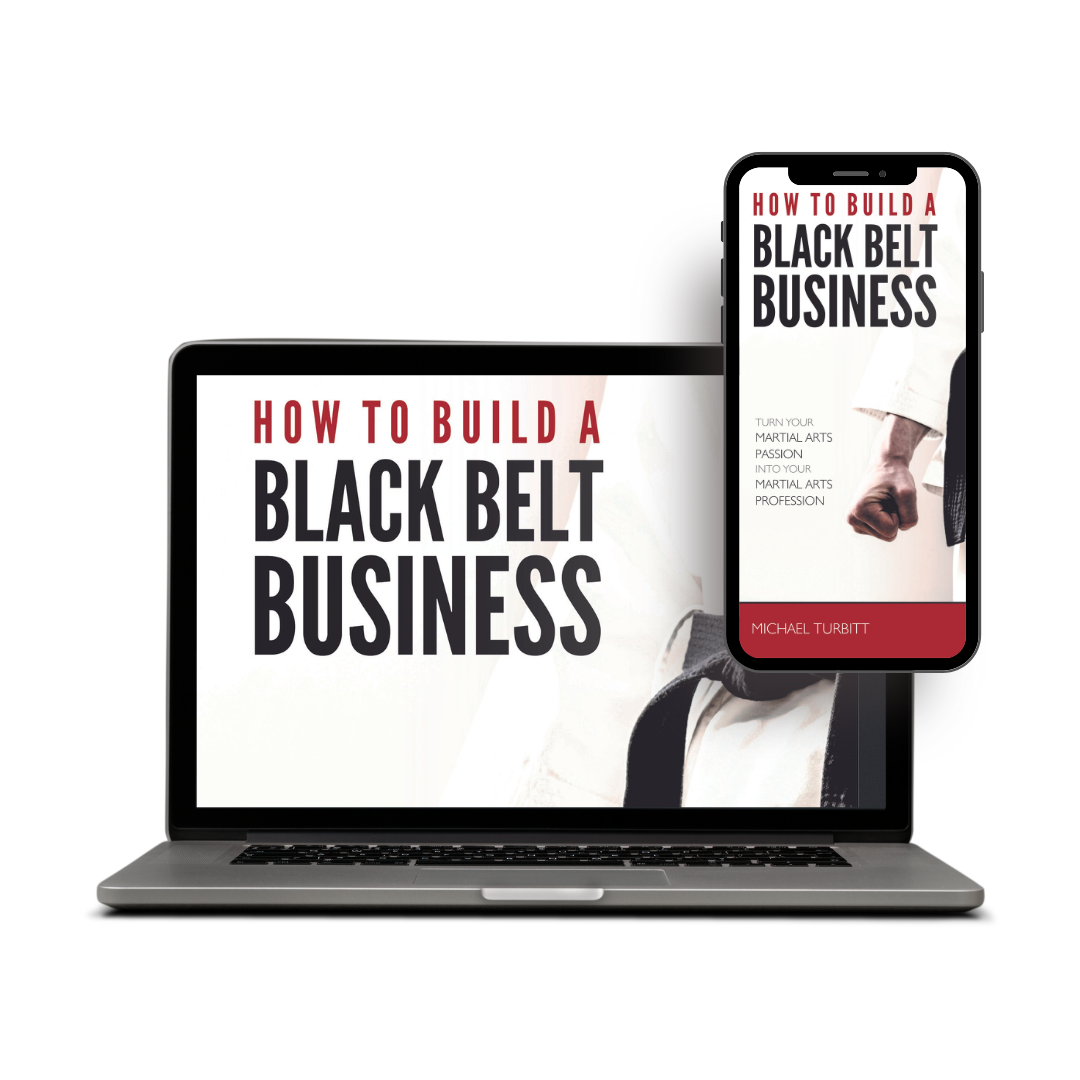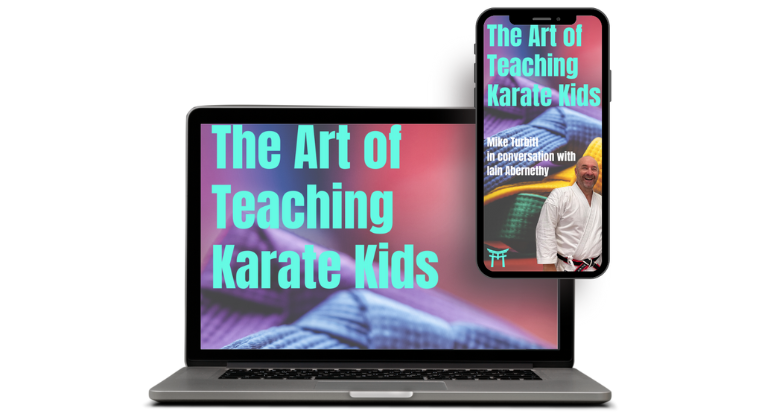Sensei Mike's Blog
Super Kids

Evidence Based Confidence

Boosting Confidence: Why Confidence Needs Evidence
fConfidence is often seen as a magical trait that some people are simply born with. However, the truth is that confidence is not an innate characteristic but a skill that can be developed and strengthened over time. Like any skill, confidence requires practice, nurturing, and, most importantly, evidence.
The Foundation of True Confidence
Confidence is not about being fearless or always knowing the right answer. Instead, it's about having trust in your abilities and judgment, even when faced with challenges. This trust doesn't come from thin air—it is built on a foundation of evidence. When you have proof that you can achieve something, whether it's a small success or a significant accomplishment, your confidence grows.
Imagine trying to build a house without a solid foundation. No matter how beautiful the structure is, it will crumble without a stable base. Similarly, confidence without evidence is fragile. It can easily be shaken by doubts, failures, or external criticism. But when your confidence is rooted in real experiences and tangible achievements, it becomes resilient and enduring.
The Role of Evidence in Building Confidence
Small Wins Lead to Bigger Confidence
Confidence is cumulative. It builds up with each small win and achievement. When you succeed at something, no matter how minor it may seem, you create a piece of evidence that you can rely on later. These small victories provide reassurance that you are capable and competent, which gradually strengthens your overall confidence.
Learning from Setbacks
Setbacks and failures are often seen as confidence killers, but they can actually be powerful sources of evidence. When you overcome a challenge or bounce back from a failure, you gain invaluable experience and knowledge. This experience becomes evidence that you can handle adversity, which boosts your confidence in facing future challenges.Consistent Practice and Mastery
Mastery of a skill or subject is one of the most potent forms of evidence. The more you practice and refine your abilities, the more confident you become in using them. Whether it’s mastering a martial arts move, delivering a public speech, or solving complex problems, consistent practice builds a library of evidence that you can draw from whenever self-doubt arises.Positive Feedback and Recognition
External validation, such as praise from teachers, peers, or mentors, provides another layer of evidence for your confidence. Positive feedback confirms that your efforts are noticed and appreciated, reinforcing your belief in your capabilities. However, it’s important to balance this with internal validation—knowing that you’ve done well, regardless of whether others acknowledge it.Setting and Achieving Goals
Setting realistic goals and achieving them is a straightforward way to build evidence-based confidence. Each goal met is a testament to your ability to follow through on your commitments, plan effectively, and execute tasks successfully. As you achieve more goals, your confidence in setting and pursuing new ones grows.
Applying the Evidence-Based Confidence Approach
Whether you’re a parent helping your child build confidence, an educator working with students, or an individual seeking to boost your own self-esteem, applying an evidence-based approach to confidence can be transformative.
For Children and Young Adults:
Encourage them to keep a "confidence journal" where they record their achievements, big or small. This journal serves as a tangible record of their capabilities and progress, which they can revisit whenever they need a confidence boost.
For Educators and Mentors:
Provide opportunities for students to succeed in various areas, whether through academic achievements, sports, or creative projects. Celebrate their successes and guide them in learning from their setbacks, reinforcing the idea that every experience contributes to their confidence.
For Personal Growth:
Take stock of your past achievements and reflect on how far you’ve come. Set new goals that challenge you just enough to push your boundaries, and acknowledge each step forward as evidence of your growing competence.
Conclusion
Confidence is not a one-time achievement; it’s a journey that requires continuous effort and evidence to support it. By understanding that confidence needs evidence, you can start building a solid foundation that will help you navigate life’s challenges with assurance and poise. Remember, every small victory, every lesson learned, and every goal achieved adds to your reservoir of confidence, making you stronger and more resilient over time.
So, start collecting your evidence today—celebrate your successes, learn from your setbacks, and keep moving forward with confidence!








